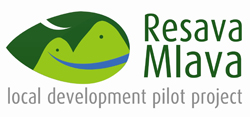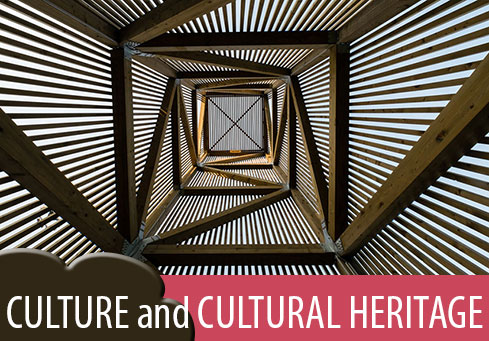Local Development Pilot Projects (LDPP) - Mlava - Resava Region, Serbia

Traditional vernacular architecture is preserved in numerous rural villages. The multi-ethnic population of Serbs and Vlachs upholds its traditions, customs, folklore and specific handicrafts. The region is most famous however for its industrial heritage, the coal mining complex and settlement of Senjski Rudnik, birthplace of Serbia’s industrialisation in the 19th century. Coal and gold mining are still practised, and are one of the main employment providers for the local population besides trade and agriculture which is still based on traditional farming practices through small, extremely fragmented farm-holdings, using very few chemical fertilisers and pesticides, and whose products are mainly used for own consumption as no market for local products exists. Traditional economic activities such as coal-mining, agriculture and forestry are in decline. The forest has been largely privatised for economic exploitation. Farming practices are more and more abandoned as they seem unattractive to the younger generation. Tourism is, as the whole private sector, scarcely developed. Youngsters who do not see any prospects leave this region, whose infrastructure is underdeveloped, villages isolated due to the badly organised public transport system, and where many households have no connection to the water supply network. Former cooperation networks among professionals are disappearing. Rural areas are becoming more and more depopulated, cultural and natural heritage in this context neglected. Locals who want to modernise their residences carry out interventions on historic structures without building permits More and more pesticides are used in farming, waste is discarded everywhere in the environment, with a risk of polluting the water as the most important natural resource of the territory.
Public companies and administrations, NGOs and associations, and private investors are very active in launching activities and initiating projects to act against this vicious circle. Unemployment is tackled. Projects are meant to improve the distribution of drinking water, to develop renewable energies, to preserve and protect the environment and to encourage new business start-ups. Restoration and rehabilitation projects, as well as revitalisation projects face the difficult situation of legal uncertainty about the ownership of buildings and structures. The main problem however is the lack of coordination between different activities and initiatives which the Resava-Mlava Local Development Pilot Project tries to tackle. Local and national stakeholders are mobilised around a common development strategy, initiating a real bottom-up approach supported and validated by national institutions; setting the necessary conditions for the establishment of partnerships and cooperation.
- Pilot region: Mlava - Resava
- Surface: 1926,7 km²
- Population: 89746 (2011)



